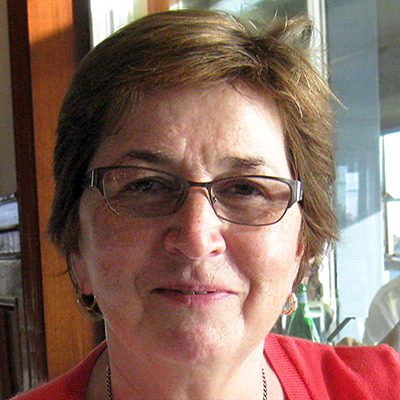
Behavioral Neuroscience Concentration
Welcome to Behavioral Neuroscience

Welcome to the Ph.D. program in behavioral neuroscience with the Department of Psychological & Brain Sciences at the University of Delaware. We offer a vibrant learning environment for motivated graduate students with richly diverse research opportunities; well-funded, productive and highly collaborative labs; and ready access to accomplished professors.
The program provides training in the biological foundations of behavior, with a particular focus on sensation, learning and memory, affect, development, neural plasticity, social behavior, and animal models of developmental and affective disorders. Reflecting the multidisciplinary nature of the neurosciences, our research involves a wide range of modern neuroanatomical, neurophysiological, neuropharmacological, and behavioral techniques.
Nature and goals of the program
We train exceptional students for independent neuroscience research careers in academic, governmental, or industrial settings. Our philosophy is that students are best trained for research careers by immersion in intense research training from the very beginning of their studies.
Following our mentor-based model, students work closely with a faculty member on empirical research while conducting collaborative research with other faculty members, graduate students and post-doctoral researchers. Students develop expertise in research, teaching and grant writing — which is needed for successful academic or research careers — through a combination of research, coursework, and teaching:
- Core courses required of all students are minimal, freeing students to design individualized curricula to enhance general and specific knowledge of their particular field(s) of interest.
- Students are expected to publish and present their research, with a focus on prominent scientific journals and national scientific meetings. Students further develop their oral presentation skills by giving one or more research presentations per year to the behavioral neuroscience faculty and students.
- In addition, students develop teaching skills as teaching assistants and course instructors.
- Advanced students are encouraged to submit grant applications to support their research training and/or dissertation research.
Innovative research
Our faculty work across the University and beyond to advance research. They lead research centers like the Delaware Center for Neuroscience Research, an initiative between the University of Delaware and Delaware State University, which is funded by a Center grant from the Centers for Biomedical Research Excellence (COBRE) program of the National Institutes of Health (NIH).
Collectively, our faculty have authored hundreds of publications, made more than 200 conference presentations and more than 100 invited symposia and colloquia presentations. We have served as officers (including president) of prestigious scientific societies, and on the editorial boards of leading scientific journals. Our honors include fellow of the American Association for the Advancement of Science, the American Psychological Association, and the Association of Psychological Science, to name just a few.
Robust funding
Funding is robust and drawn from multiple sources, including a Centers of Biomedical Research Excellence (COBRE) grant from the National Institute of General Medical Sciences, National Institutes of Health, plus individual investigator grants from the National Institute of Mental Health, National Institute on Alcohol Abuse & Alcoholism, National Institute of Child Health & Human Development, among numerous other federal and private sources.
Mentor-based training
Faculty mentors provide training in research techniques, scholarly knowledge, and written and oral communication skills that enable students to become successful independent researchers. Students publish research findings in prominent journals; present them at national meetings; develop teaching skills; and write grant applications. These experiences, and others, have helped our graduate students win numerous awards and prepared them for successful research in academia, government, or industry.
Our faculty work across the University and beyond to advance research. They lead research centers like the Delaware Center for Neuroscience Research, an initiative between the University of Delaware and Delaware State University, which is funded by a Center grant from the Centers for Biomedical Research Excellence (COBRE) program of the National Institutes of Health (NIH).
Collectively, our faculty have authored hundreds of publications, made more than 200 conference presentations and more than 100 invited symposia and colloquia presentations. We have served as officers (including president) of prestigious scientific societies, and on the editorial boards of leading scientific journals. Our honors include fellow of the American Association for the Advancement of Science, the American Psychological Association, and the Association of Psychological Science, to name just a few.
Work with our faculty
Visit each researcher's bio page, linked below, for information on research interests and current funding.
Faculty accepting graduate students for 2025–2026:
- Dayan Knox
- William Kenkel
- Manuel Schottdorf (email Anna Klintsova for information)

